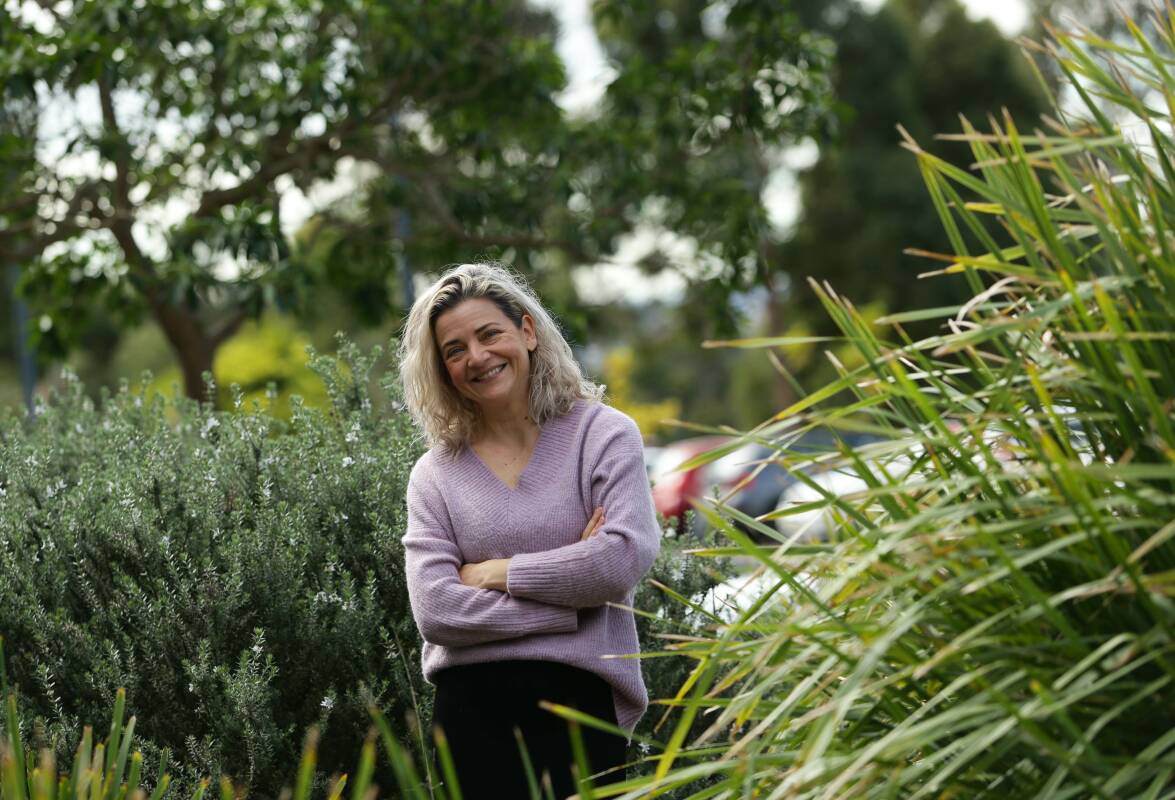
WHETHER it's a suspicious mole, a strange rash or a manky toe - chances are if you've got it, you've Googled it.
But for almost 6 per cent of the Australian population, this practice can lead to a very real health anxiety dubbed "cyberchondria", and Hunter researchers want to find a remedy.
Hunter Medical Research Institute (HMRI) director, Professor Frances Kay-Lambkin, said there had always been health anxiety, but having constant access to a world wide web of medical information could exacerbate fears and concerns, as well as alleviate them.
"What we're seeing with the internet and access to Dr Google is that people have access to all sorts of information and diagnoses and peer forums about symptoms they're experiencing, and not a whole lot of checks and balances on whether that information is accurate or not," she said.
"What we're finding is that people are just searching more and more online, but it's not providing them with the reassurance that they need. What we're worried about is that COVID has actually exacerbated that tendency, and we have a lot of people almost hidden in the population who are at high risk for this.
"Dr Google is really, really helpful in some cases, but in other cases, it can get a bit out of control. And that's what we're worried about."
Prof Kay-Lambkin said people were worrying themselves "into a frenzy" and either avoiding care or seeking treatment for symptoms repeatedly.
They are looking for anyone over 18 who has Googled health symptoms to participate in a study to learn more about these behaviours.
"Ultimately we want to be able to work with Dr. Google, to help them make sure that when people search for symptoms, and particular types of symptoms, that there are messages or credibility marks that pop up on health information sites to help people know whether it's a credible source or not, and what to do in terms of seeking help."
They are calling on people to fill out a survey about their experiences searching for various health symptoms online, and Hunter residents may also be invited to attend a clinic at the Calvary Mater to participate in more detailed tasks for analysis.
"We'll use that information to do a couple of things to then work with internet service providers and Google to help control and moderate how health information is presented to people online," she said.
Eligible participants will also go into the draw to win an iPad.
For more information, visit the HMRI website - hmri.org.au - and search "cyberchondria".
WHAT DO YOU THINK? We've made it a whole lot easier for you to have your say. Our new comment platform requires only one log-in to access articles and to join the discussion on the Newcastle Herald website. Find out how to register so you can enjoy civil, friendly and engaging discussions. Sign up for a subscription here.







